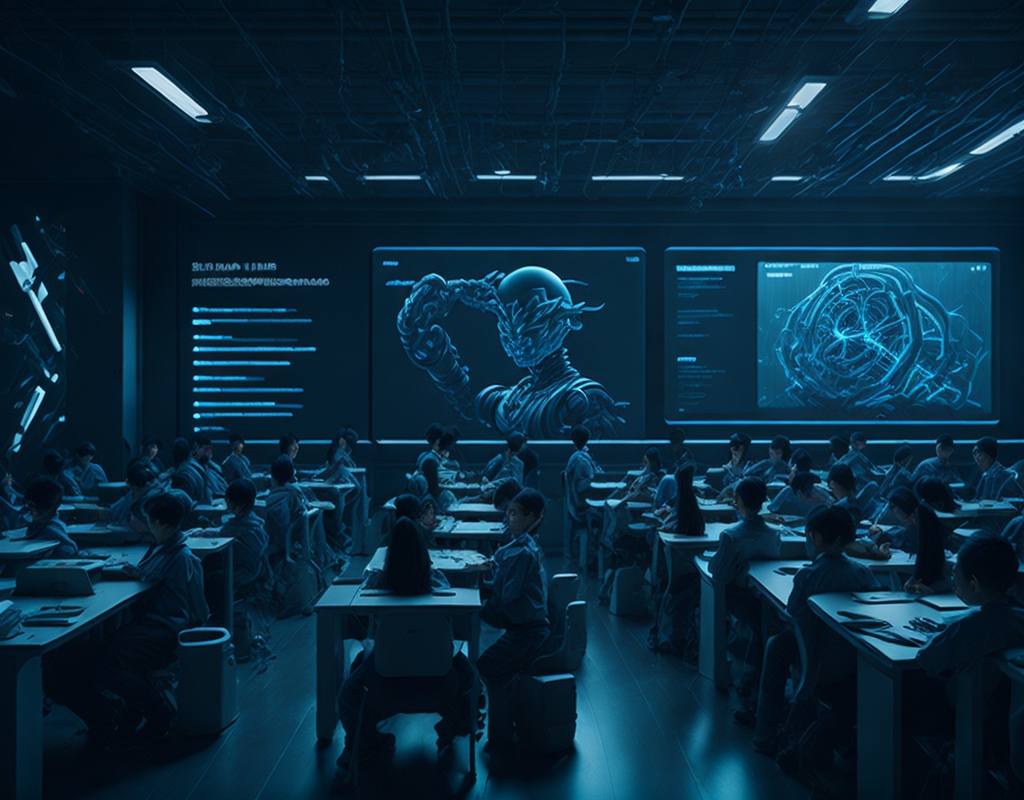
“Chinese AI Apps Transforming US Education and Boosting Equity”

The influence of artificial intelligence (AI) is profoundly reshaping various industries, with the education sector being significantly impacted. Globally, teachers are utilizing AI tools in their classrooms to enrich learning and bolster student achievement. Notably, it’s the Chinese developers at the forefront of this advanced educational technology.
Companies from China have introduced pioneering AI-driven applications that are altering traditional educational paradiglasses. These apps utilize sophisticated machine learning techniques to customize the educational encounter for each student, offering instant feedback and pinpointing areas needing enhancement.
For instance, Squirrel AI tailors individualized learning journeys for students by assessing their strengths, weaknesses, and preferred learning methodologies. This app evaluates students’ performances through continuous assessments, enabling focused guidance in weak areas. It is claimed that Squirrel AI has reached over one million users and has substantially uplifted educational results by as much as 50%.
Yuanfudao, another significant player from China, utilizes AI to extend instant corrective feedback on students’ homework. Employing natural language processing, the app scrutinizes answers for errors in grammar, syntax, and coherence, providing essential corrections and suggestions. Yuanfudao serves an extensive user base of over 100 million in China and has accumulated more than $3 billion in investments.
The effectiveness of such applications has captured the attention of educational institutions in the United States. Notable examples include partnerships between Chinese app developers and major U.S. school districts to enhance educational access and quality. The New York City Department of Education, for instance, has collaborated with Squirrel AI to deliver tailored learning solutions to students in economically disadvantaged sectors. Similarly, Yuanfudao is being used in the Los Angeles Unified School District to aid students with instant feedback on their writing pieces.
As AI-infused education tools become more prevalent in American classrooms, they promise to not only better educational outcomes but also to narrow the gaps in achievement among different student groups. Nonetheless, these advancements provoke vital debates concerning the privacy of student data and the ethical use of AI, especially in scenarios that could deepen pre-existing disparities in the educational system.
To mitigate such risks, collaborations between educators and AI developers focus on ensuring these technologies promote fairness and privacy. Measures may include stringent data protection protocols, training educators to effectively deploy AI tools in instruction, and making sure these educational tools are equally accessible to students from all backgrounds.
In summary, the progressive incorporation of AI in education spearheaded by Chinese apps offers exciting prospects for enhancing student learning and efficiency in U.S. classrooms. However, equal importance must be placed on ethical considerations to ensure these innovations benefit every student without exception.